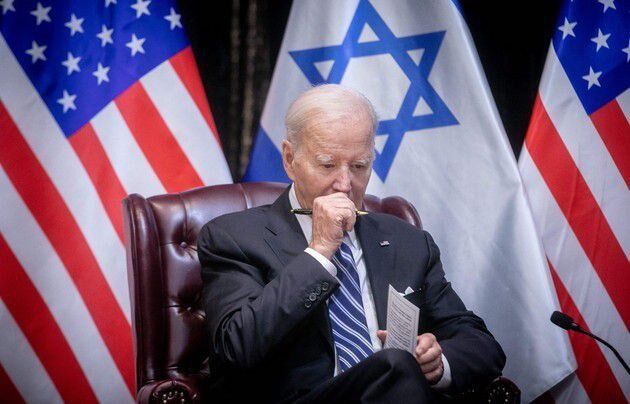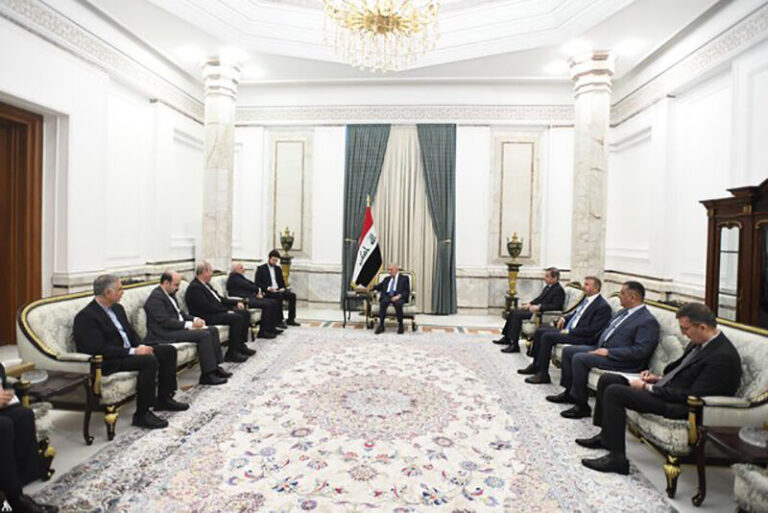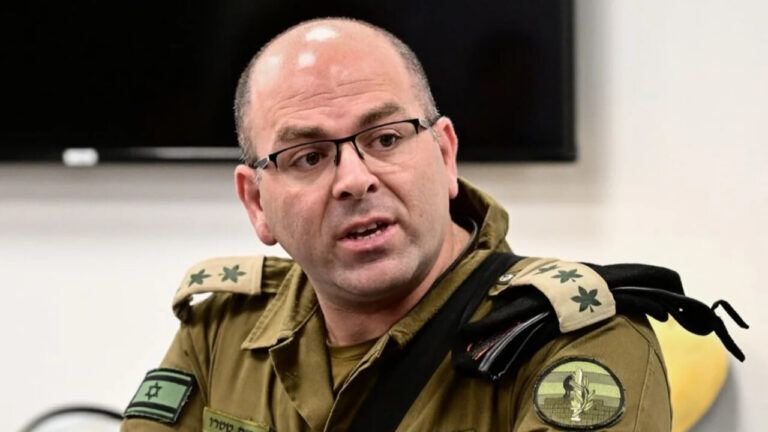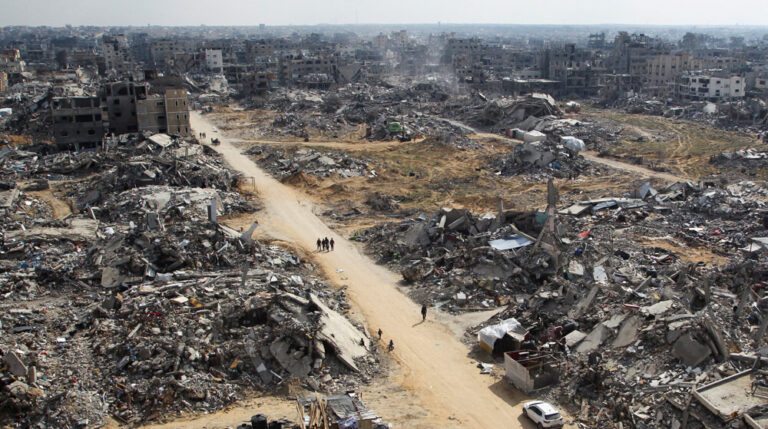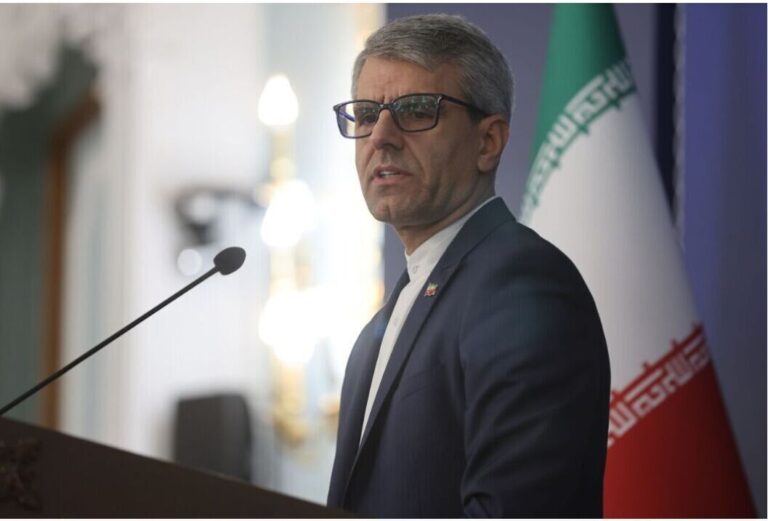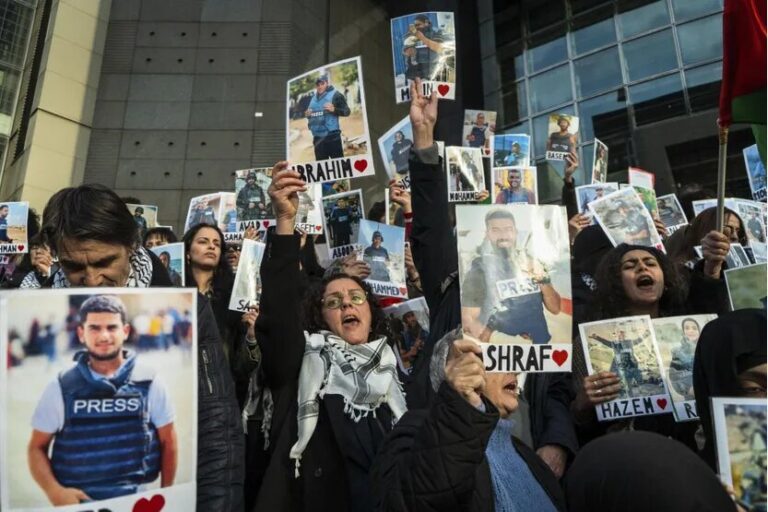Calls for ICC Inquiry into Biden and Top Officials Over Alleged Involvement in Gaza War Crimes
The International Criminal Court (ICC) is currently facing a significant request to investigate former U.S. President Joe Biden along with his senior officials for their alleged involvement in supporting war crimes and crimes against humanity in Gaza. This call for investigation has been propelled by a comprehensive report submitted by the human rights organization Democracy for the Arab World Now (DAWN).
On January 19, 2025, DAWN presented a detailed 172-page report to ICC Prosecutor Karim Khan. The report was meticulously prepared with the assistance of legal experts and professionals specializing in war crimes. It outlines the actions of the Biden administration that purportedly contributed to war crimes in Gaza, including:
- $17.9 billion in weapons sales to Israel.
- Deliberate military and political support that exacerbated the humanitarian crisis.
Reed Brody, a board member at DAWN and an experienced war crimes lawyer, stated, “There are solid grounds to investigate Joe Biden, Antony Blinken, and Lloyd Austin for complicity in Israel’s crimes.” He emphasized that American-made bombs have been extensively used in attacks on Palestinian infrastructure, such as hospitals, schools, and homes. Despite this knowledge, President Biden and his administration continued their backing of Israel.
DAWN’s submission to the ICC outlines several key legal grounds for the requested investigation. The organization cites violations of the Rome Statute, which is the foundational treaty governing the operations of the ICC. This statute defines war crimes and crimes against humanity, providing a framework for accountability.
Furthermore, Sarah Leah Whitson, Executive Director of DAWN, criticized Biden and his officials for their apparent disregard for evidence of war crimes occurring in Gaza. She noted that they not only ignored recommendations from their own staff to halt arms transfers to Israel but also exercised their veto power against ceasefire resolutions at the UN Security Council.
This situation raises critical questions about international accountability and the role of powerful nations in conflict zones. The outcomes of this investigation could have far-reaching implications for U.S. foreign policy and its approach to human rights in global conflicts.
